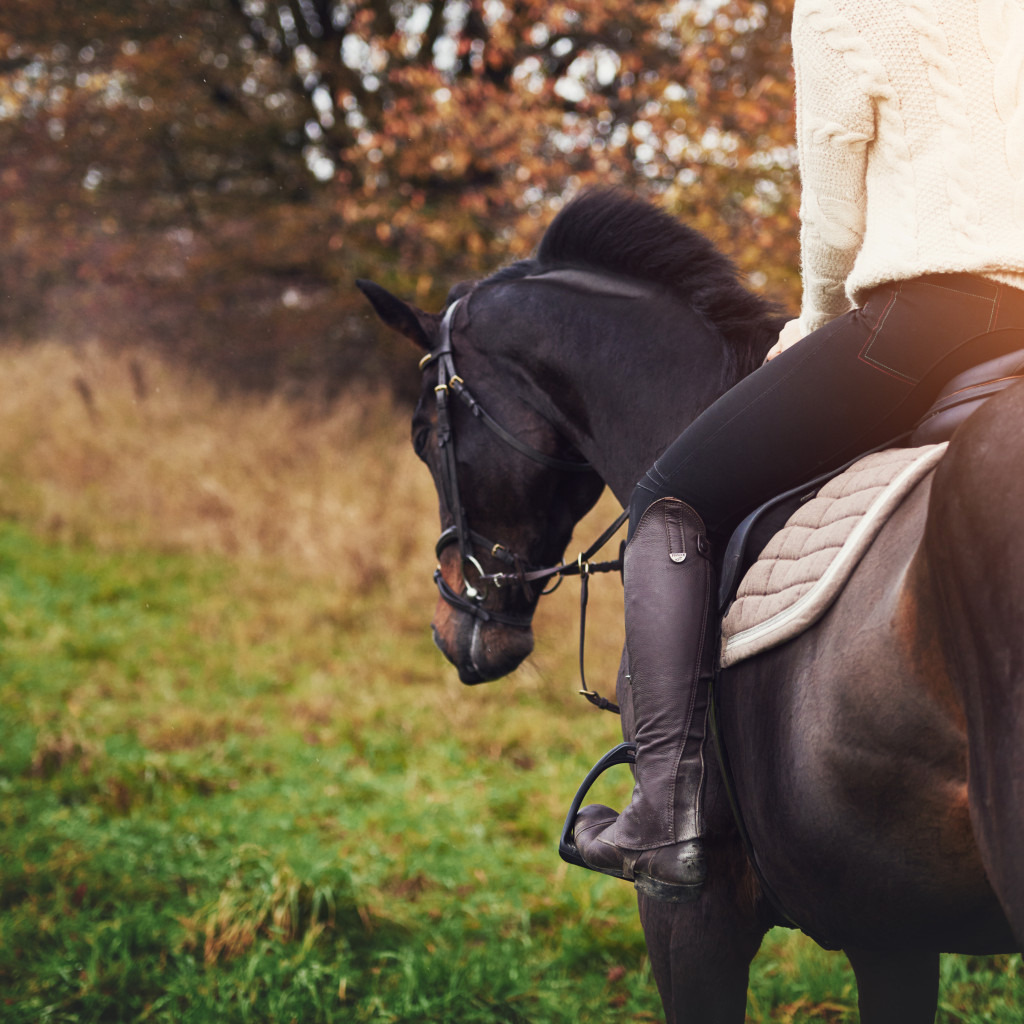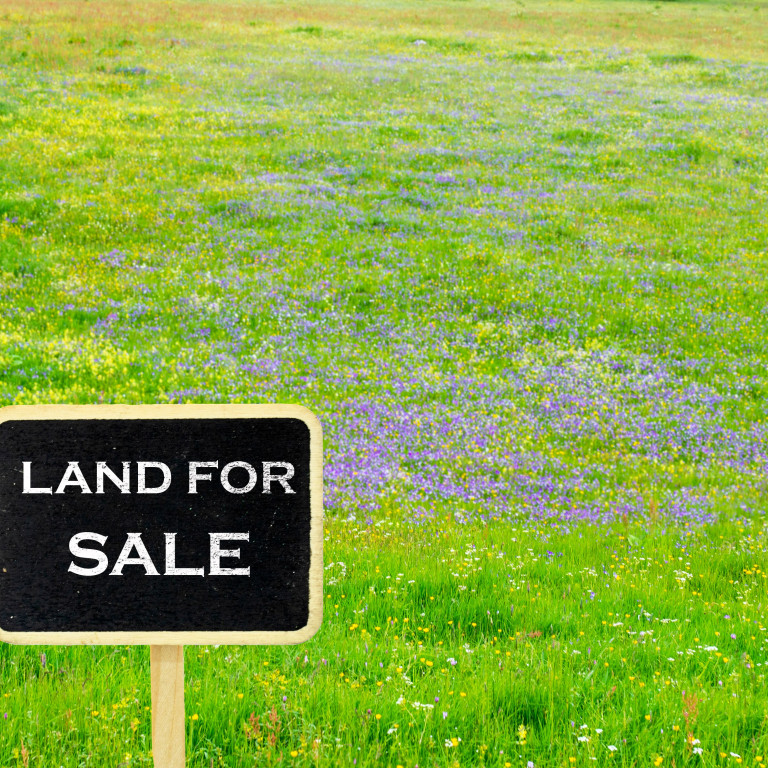Thankfully, most dogs are not aggressive towards horses but there have been some very frightening incidents that appear to be on the increase. There are laws to encourage people to keep their dogs safely under control and provide a remedy for anyone injured by a dog.
What is the law on having a dog off a lead?
Dogs don’t necessarily have to be kept on a lead on public paths or bridleways but the law says that they must be ‘under close control’. On areas of open country (“open access land”) dogs must be on a lead of less than 2 metres between 1 March to 31 July and at all times anywhere near farm animals or horses. Some areas and cities also have special orders requiring dogs to be kept on leads at all times in specified areas (usually on pavements and around traffic, to prevent accidents), and in that case there will be signs visible. If someone using a public path allows a dog to stray off the right of way that person becomes a trespasser. If the dog strays onto a farm and injures or worries farm animals, the farmer is entitled to destroy it without having to compensate the owner. The dog’s owner may also be fined and ordered to pay compensation to the farmer. So if you can’t rely on your dog to obey you it should be kept on a lead.
When is a dog ”dangerously out of control”?
Under the Dangerous Dogs Act 1991 it is a criminal offence to allow a dog of any type to be dangerously out of control in a public place (which includes fields, footpaths, and beaches) or in a private place where the dog isn’t allowed to be. A dog is ”dangerously out of control” if it injures a person or their animal or behaves in a way that gives a person reasonable grounds to fear that they may be injured or that they could be injured if they tried to stop a dangerous dog attacking their animal. This applies to dogs that attack or threaten to attack a grazing or ridden horse. But note that it is a criminal offence which means it is up to the police to prosecute as opposed to a civil offence which the injured party can sue for.
The Animals Act 1971 also applies to dogs of any type even if the dog is in the owner’s own home or garden and even something as simple as a dog chasing, barking, or jumping up could lead to a complaint. Keeping an aggressive or intimidating dog near a bridleway or footpath so as to deter the public from using the path may be an offence and the Council may ask an owner to take action to control their dog or even inform the police. Anyone injured by a dog can sue the owner or keeper under the 1971 Act. The problem is that the value of injuries may be relatively low – even if a good horse has to be destroyed the claim may not be worth enough to justify the legal costs of suing. Or you may just not be able to afford it even if the horse was very valuable. Anyway, to most people their horse is priceless and it is a bit late once the worst has happened.
How to report a dog
Anyone can report a dog and its owner to the police. Both the police and local authorities have powers to seize dogs they consider to be dangerously out of control. If a dog owner is found guilty of having a dog that is out of control he may face a fine of up to £1,000 and/or up to two years’ imprisonment. The dog may be destroyed and the owner is forbidden to own a dog in the future. It is not necessary to prove that the owner/keeper of the dog did anything wrong if damage was done by the dog.
Unfortunately, despite the existence of these laws, there have been some very frustrating reports of horses attacked by dogs out hacking where the police have been less than eager to charge the dog owner. Just read the Horse & Hound news pages. The BHS has set up a page on its website at www.horseaccidents.org.uk where you can report attacks and hopefully, the more this issue is highlighted the more seriously it will be taken. What we need is awareness and prevention so if you encounter a threatening dog – report it and post it on the BHS website.
Find out more
For advice please email our experienced equine law solicitors.






